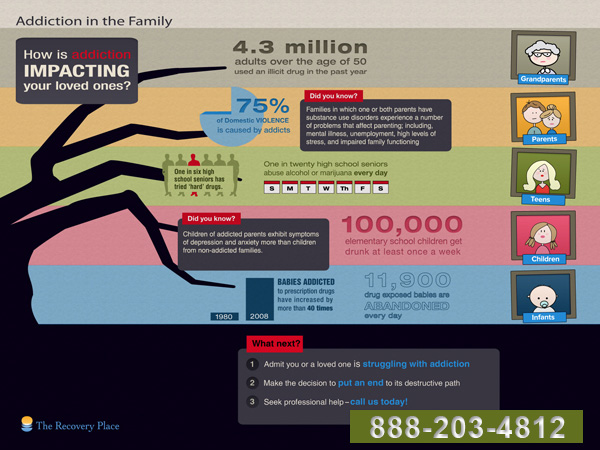Learn Just How To Construct A Solid Aftercare Plan After Drug Rehab And Attain Long-Lasting Success
Learn Just How To Construct A Solid Aftercare Plan After Drug Rehab And Attain Long-Lasting Success
Blog Article
Short Article Produced By-Lawrence French
You've completed drug rehab, and now it's time to create a successful aftercare plan to guarantee your long-term recuperation.
Image this: you're a person determined to remain clean and build a meeting life. This write-up will certainly lead you through identifying ongoing support systems, incorporating therapy and counseling, and developing healthy and balanced coping mechanisms.
With these techniques, you'll be equipped to prosper in your journey of sobriety.
Let's get going.
Identifying Ongoing Support Equipments
You ought to determine a minimum of three continuous support systems to ensure a successful healing after drug rehab.
The initial support system is your friends and family. They can give emotional support, inspiration, and aid you stay liable. They can additionally provide a risk-free and understanding environment where you can share your struggles and triumphes.
The 2nd support system is your specialist or counselor. They can aid you work through any kind of underlying concerns that may have contributed to your addiction and supply guidance on how to avoid relapse. They can also show you coping systems and healthy methods to take care of anxiety.
The third support system is a support system or a sober area. Being surrounded by others who are going through comparable experiences can be incredibly helpful. They can supply a feeling of belonging, comprehending, and deal beneficial recommendations and assistance.
Incorporating Treatment and Counseling
To accomplish an effective healing, it is very important for you to proactively join treatment and therapy sessions, as well as include them into your continuous support systems. By doing so, you can maximize the benefits of these treatment methods and increase your opportunities of preserving long-lasting soberness.
Here are some key reasons why integrating treatment and counseling right into your aftercare strategy is vital:
- ** Emotional Support: ** Treatment and counseling give a safe area for you to share your ideas, feelings, and has a hard time pertaining to your addiction. mouse click the next page allows you to work through any type of unresolved problems and create healthy coping mechanisms.
- ** Relapse Prevention: ** These sessions furnish you with the necessary devices and approaches to avoid regression. They aid you determine triggers, develop dealing skills, and establish a strong foundation for managing yearnings and tension.
- ** Personal Growth: ** Therapy and counseling promote individual development and self-discovery. They help you acquire understanding right into the underlying root causes of your dependency, improve self-confidence, and establish much healthier relationships.
Creating Healthy And Balanced Coping Devices
During treatment and counseling sessions, it's important to proactively service developing healthy and balanced coping systems in order to efficiently handle anxiety and difficulties.
You need to determine and recognize your triggers, those things that trigger you distress or anxiety. By identifying these triggers, you can create approaches to cope with them in a healthy and balanced way. This could entail practicing deep breathing workouts, engaging in exercise, or finding an imaginative outlet to share your emotions.
It is very important to likewise border yourself with a solid support system of loved ones who can offer support and advice.
Furthermore, https://telegra.ph/Smashing-Irons-An-Overview-To-Reclaiming-Your-Life-Through-Effective-Drug-Rehabilitation-04-24 -care tasks such as getting sufficient sleep, consuming well, and practicing leisure techniques can substantially contribute to your total health.
Conclusion
In the journey towards recuperation, developing a successful aftercare strategy is like tending to a delicate garden. Just as a garden enthusiast supports each plant with treatment and focus, so as well must one cultivate recurring support systems, incorporate therapy and counseling, and create healthy coping mechanisms.
By doing so, the seeds of healing will certainly bloom into a prospering yard, providing a solid structure for a brighter, drug-free future.
